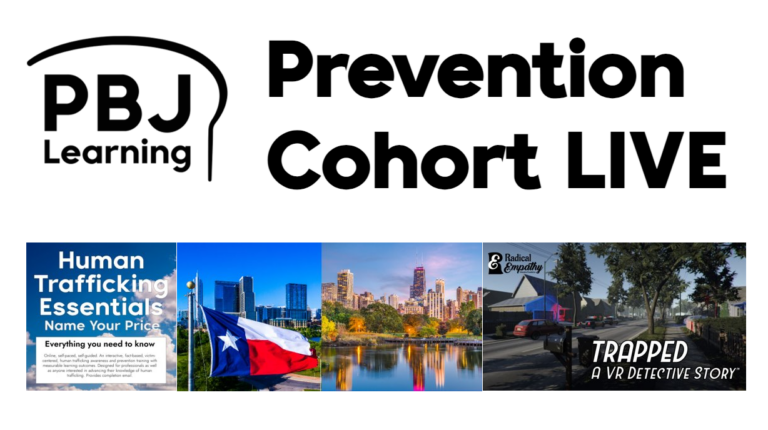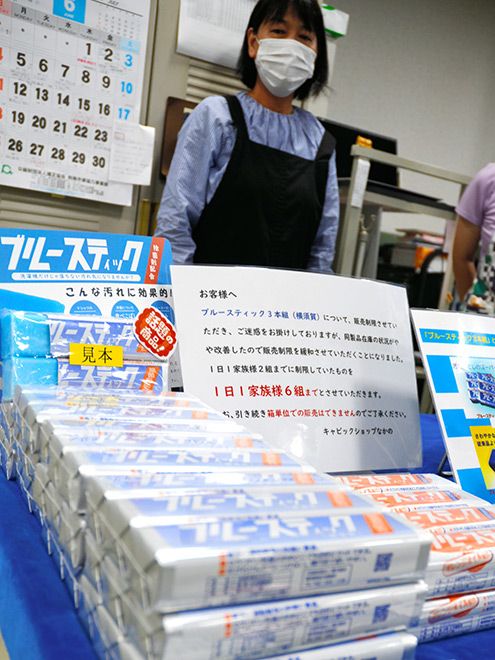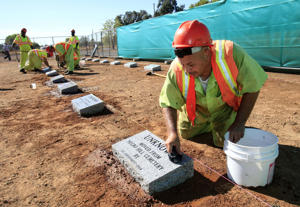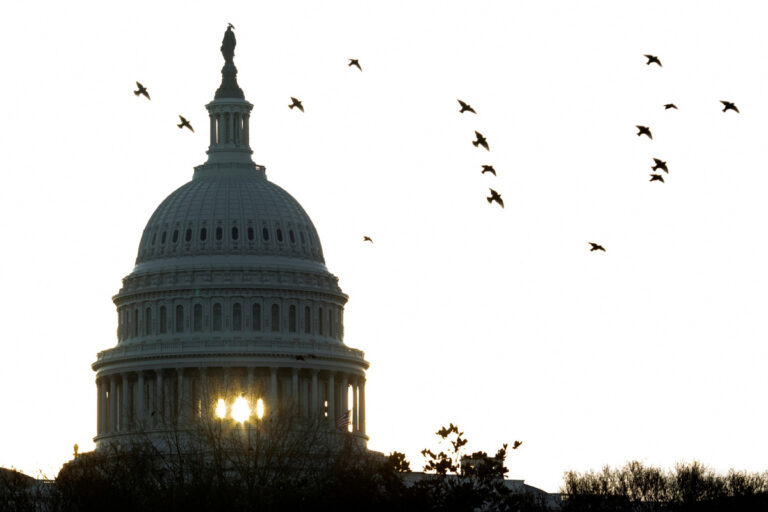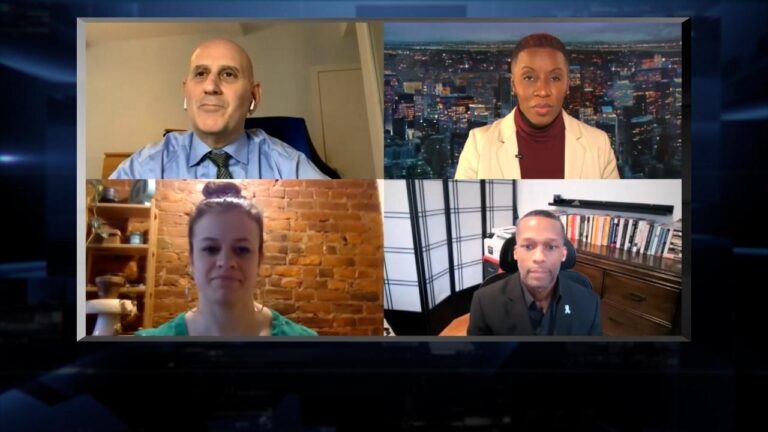Human trafficking by the numbers: New reports estimate millions of daily victims
Trafficking and exploitation: how countries rank The Global Slavery Index, which includes forced marriage, ranks North Korea the worst: More than 1 in 10 people are estimated to be in conditions of modern slavery. In Eritrea, about 9 in 100 people are estimated to be modern slaves. About 3 in 100 people in Mauritania are…


